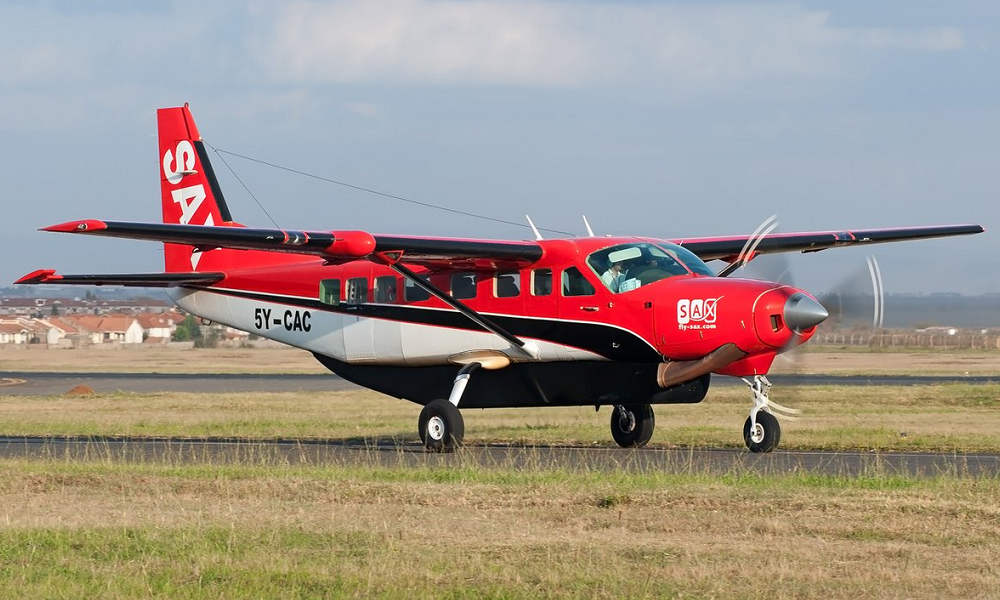Reviews
What to Look for in Your Chosen Private Pilot Course

Starting the path toward becoming a pilot brings about a mix of excitement and challenges. Choosing a pilot training program can impact the quality of education and the journey. Knowing what to look for in a course is vital, given the array of choices. This guide is here to help aspiring pilots navigate the aspects they should consider.
Accreditation and Certification
Firstly, it’s essential to check if the flight school is accredited. This ensures that the institution meets the standards set by aviation authorities and provides training that effectively meets industry requirements. Moreover, ensure that the private pilot course results in a recognized certification, as completing a course that awards a pilot’s license can offer access to flying prospects.
Comprehensive Curriculum
An extensive curriculum is crucial for readiness in aviation training programs. Key subjects like aerodynamics and meteorology are covered along with navigation and regulations to balance theory and practice, effectively essential for aspiring pilots to gain experience in various flying scenarios.
Experienced Instructors
Instructors’ skills and teaching prowess influence the learning journey. A veteran instructor can provide wisdom based not only on textbooks but also on personal aviation experiences. It is advisable to delve into the credentials and experiences of the faculty members. Instructors who are friendly and helpful foster a learning atmosphere that nurtures achievement.
State-of-the-Art Facilities and Equipment
Top-notch amenities and state-of-the-art gear elevate the learning environment for students undergoing training programs at aviation schools. Potential students should visit the institutions to evaluate the status of both aircraft and simulators on site. Utilizing cutting-edge simulators offers training scenarios that contribute to developing students’ skills and self-assurance. The plane upkeep is crucial in ensuring safety and dependability throughout flight training sessions.
Flexibility and Scheduling Options
Many hopeful pilots manage a range of responsibilities. They find flexible scheduling crucial when choosing their training options in preparation for their career in the aviation field. Programs that provide timetables, like weekend or evening sessions, cater to an array of requirements and preferences. Learning at one’s pace enables students to advance based on their unique learning styles and limitations.
Cost and Financial Aid
Investment in a pilot course can come with a price tag. It’s worth checking out program costs to find what best suits your budget. It’s worth looking into aid or scholarships to ease the financial load. Some schools even offer payment plans to make things easier on your wallet.
Student Support Services
Support services are crucial for students as they offer resources, like tutoring and counseling services, that enrich the learning process and provide career guidance. Being part of a community boosts students’ motivation and resilience levels by helping them navigate obstacles that may arise during their journey.
Alumni Success and Networking
Analyzing students’ accomplishments can give information about how well a trial course works out over time, and looking into the professional journeys of graduates post-college graduates can also shed light on this. Schools that offer strong networking possibilities are beneficial for students seeking to advance in their aviation careers, as making connections is critical in this field. An extensive alumni network typically reflects a respected school with a history of training skilled pilots.
Location and Environment
The location of the course plays a vital role in providing convenience and learning conditions for students. People who live nearby can save time and money on travel expenses. Furthermore, the surroundings influence how training progresses. Regions with weather patterns provide a training experience that helps pilots prepare for various flying situations.
Conclusion
Choosing the pilot training program entails thoroughly considering various factors such as accreditation status and quality of instructors and facilities, which play a crucial role in shaping a fruitful learning journey towards earning a pilot’s license. Finding the balance between cost-effectiveness and convenience in terms of location that suits requirements is critical to embarking on a fulfilling path toward achieving aviation goals. By considering these key factors mentioned above and aligning them with aspirations and objectives, aspiring aviators can select a program that paves the way for a prosperous career in flying.

-

 World3 days ago
World3 days agoEthiopian volcano erupts for first time in thousands of years
-

 Legal1 week ago
Legal1 week agoMichigan man JD Vance sentenced to 2 years for threatening Trump and JD Vance
-

 Legal1 week ago
Legal1 week agoWoman in critical condition after being set on fire on Chicago train
-

 World1 week ago
World1 week agoHurricane Melissa registered 252 mph wind gust, breaking global record
-

 Legal8 hours ago
Legal8 hours agoUtah Amber Alert: Jessika Francisco abducted by sex offender in Ogden
-

 Legal6 days ago
Legal6 days agoSuspect in San Diego stabbing shot by authorities after fleeing into Mexico
-

 Legal1 week ago
Legal1 week ago1 dead, 2 injured in shooting at Dallas Walmart parking lot
-

 Health6 days ago
Health6 days agoMarburg virus outbreak in Ethiopia grows to 6 confirmed cases




